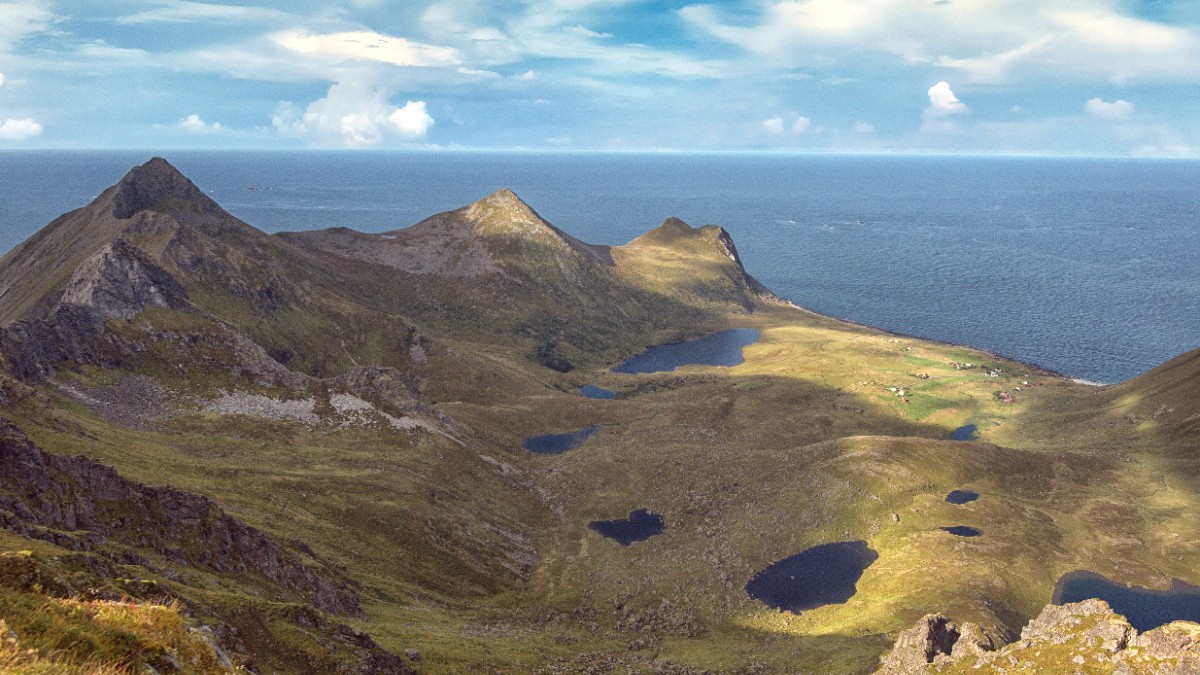
The concept of public transportation as found in major cities does not apply to the Falkland Islands. There is no public transportation system, like a metro, city buses, or trams. Limited school bus services exist, but these do not find availability for public use. This means you will rely on other methods for getting around.
Accessibility for taxis and tours will come through direct arrangement with individual operators, as general infrastructure for mobility-challenged travelers faces limitations, specifically outside Stanley.
No public bus network connects different settlements on the islands.
The Falkland Islands do not feature metro systems or trams.
Limited school bus services exist, not available for public use.
Available from local companies in Stanley. Valid national driving license okay.
A core item for driving in "the Camp" (off-road areas).
Not available or suitable due to climate/roads.
May be available from guesthouses; no formal sharing program.
Stanley is very pedestrian-friendly, with sidewalks along most streets in the town center. There are also walking tracks around the edge of Stanley, offering views of the harbor and surrounding hills. Self-guided walks come easy in Stanley, letting you explore at your own pace. Guided walking tours of Stanley and nearby historical sites also find availability, giving local insights and historical context. Bicycle infrastructure faces limitations. Off-road cycling calls for a mountain bike and experience with rough terrain.
Operate mainly when cruise ships are in port, for pre-arranged excursions.
Limited charters for nearby islands or wildlife tours. No regular boat taxi service.
Falkland Islands Government Air Service for inter-island travel.
Beyond standard vehicles, the Falkland Islands use small aircraft for inter-island travel and specialized tour vehicles. These are your main means of exploration beyond Stanley.
Accessibility infrastructure faces limitations, specifically outside Stanley.
Be aware of uneven terrain.
Travelers with mobility challenges contact accommodation and tour providers in advance.
Discuss specific needs and feasibility.
The terrain in many wildlife areas is rough and not easily accessible for wheelchairs or limited mobility.
Plan accordingly for outdoor sites.
Planning your local movement efficiently makes for a smooth Falklands experience. Always confirm arrangements for remote travel and prioritize safety and comfort given the unique conditions.
Fast and scenic inter-island travel.
A reliable option for local movement.
A core item for exploring the Camp.
While traditional public transport is absent, a mix of small aircraft, taxis, and specialized 4x4 vehicles makes exploration possible.